Description
Vitamin E: More Than Just a Supplement, It’s a Vital Nutrient
Vitamin E, often touted in skincare and supplements, is more than just a trendy ingredient. It’s an essential nutrient, playing a crucial role in maintaining overall health. This fat-soluble vitamin acts primarily as an antioxidant, protecting our cells from damage caused by free radicals. Let’s delve into the importance of Vitamin E, its benefits, sources, and what to consider when supplementing.
Why is Vitamin E Important?
Free radicals are unstable molecules that can damage cells, leading to a variety of health problems, including:
- Aging: Accelerating the aging process, leading to wrinkles, age spots, and other age-related changes.
- Heart Disease: Contributing to the oxidation of LDL cholesterol, a key factor in the development of plaque in arteries.
- Cancer: Damaging DNA, potentially increasing the risk of certain cancers.
- Immune System Dysfunction: Weakening the immune system, making the body more susceptible to infections.
Vitamin E steps in as a powerful antioxidant, neutralizing these free radicals and protecting our cells from their harmful effects.
Key Benefits of Vitamin E:
- Antioxidant Protection: As mentioned, Vitamin E is primarily known for its antioxidant properties, safeguarding cells from damage.
- Immune System Support: Studies suggest that Vitamin E can enhance immune function, especially in older adults. It helps improve the body’s ability to fight off infections and diseases.
- Heart Health: By preventing the oxidation of LDL cholesterol, Vitamin E can contribute to cardiovascular health.
- Skin Health: Often found in skincare products, Vitamin E can protect the skin from UV damage, reduce inflammation, and promote wound healing.
- Eye Health: Some research indicates that Vitamin E may play a role in preventing age-related macular degeneration and cataracts.
Sources of Vitamin E:
The good news is that Vitamin E is readily available in a variety of foods. Incorporating these into your diet is the best way to ensure adequate intake:
- Vegetable Oils: Wheat germ oil, sunflower oil, safflower oil, and soybean oil are excellent sources.
- Nuts and Seeds: Almonds, peanuts, hazelnuts, sunflower seeds, and pumpkin seeds are packed with Vitamin E.
- Green Vegetables: Spinach, broccoli, and other green vegetables offer a moderate amount of Vitamin E.
- Fortified Foods: Some cereals and other processed foods are fortified with Vitamin E.
Supplementation: When and How Much?
While obtaining Vitamin E from dietary sources is ideal, supplementation might be considered in certain cases:
- Malabsorption Issues: Individuals with conditions like cystic fibrosis or Crohn’s disease may have difficulty absorbing Vitamin E from food and may benefit from supplementation.
- Specific Deficiencies: A healthcare professional can diagnose Vitamin E deficiency through blood tests and recommend appropriate supplementation.
Important Considerations when Supplementing:
- Consult a Healthcare Professional: Always talk to your doctor before starting any new supplement regimen, including Vitamin E. They can assess your individual needs and potential risks.
- Dosage: The Recommended Dietary Allowance (RDA) for Vitamin E is 15 mg per day for adults. However, the tolerable upper intake level (UL) is 1000 mg per day. Exceeding this limit can potentially lead to adverse effects.
- Form: Vitamin E supplements come in different forms, including alpha-tocopherol and mixed tocopherols. Alpha-tocopherol is the most biologically active form.
- Drug Interactions: Vitamin E supplements can interact with certain medications, such as blood thinners. Be sure to inform your doctor about all medications and supplements you’re taking.
Conclusion:
Vitamin E is a vital nutrient that plays a critical role in protecting our cells and supporting overall health. Prioritizing a balanced diet rich in Vitamin E-rich foods is the best way to ensure adequate intake. If you’re considering supplementation, consult with a healthcare professional to determine if it’s right for you and to ensure safe and effective usage. By understanding the importance of Vitamin E and making informed choices about your health, you can harness its antioxidant power for a healthier and more vibrant life.

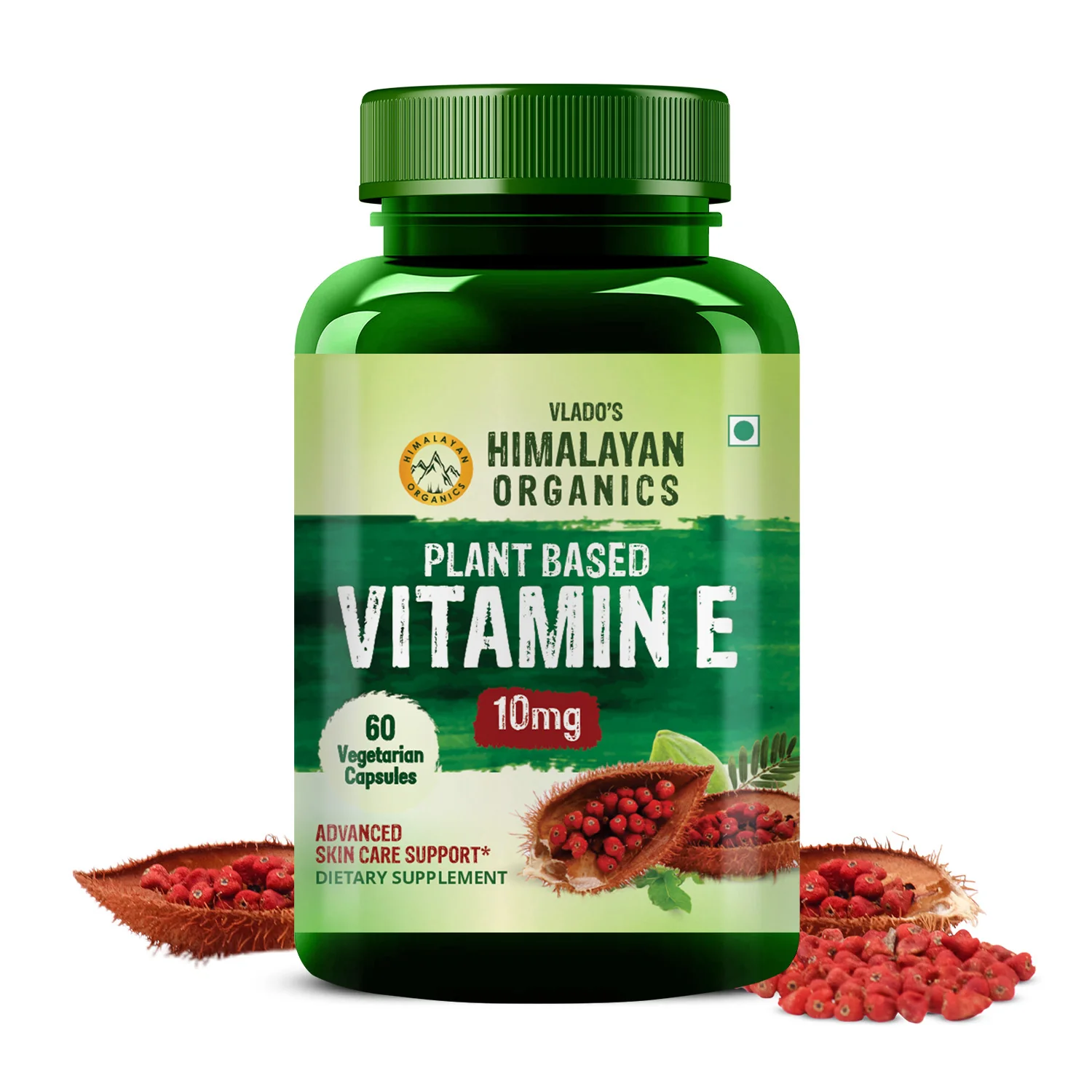
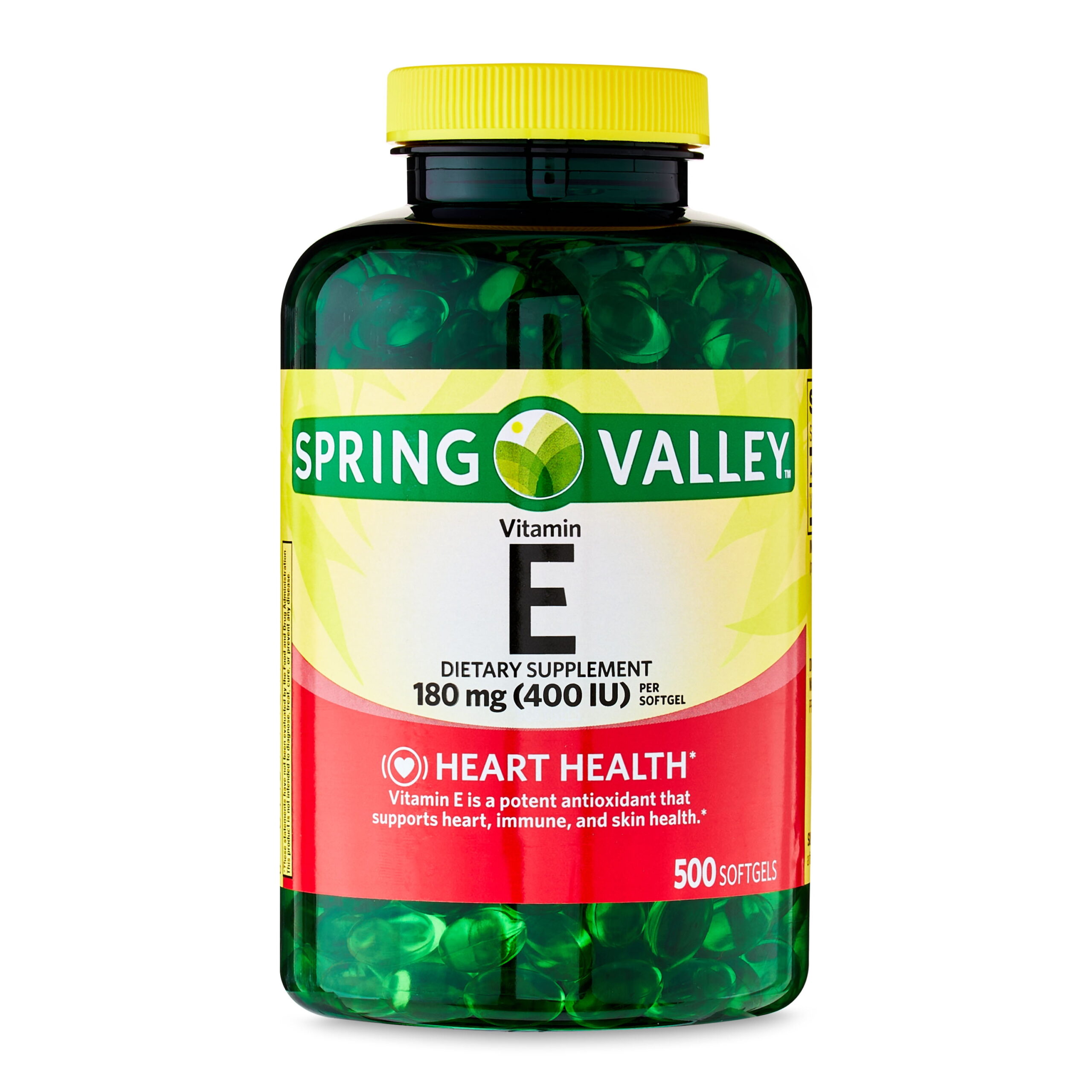
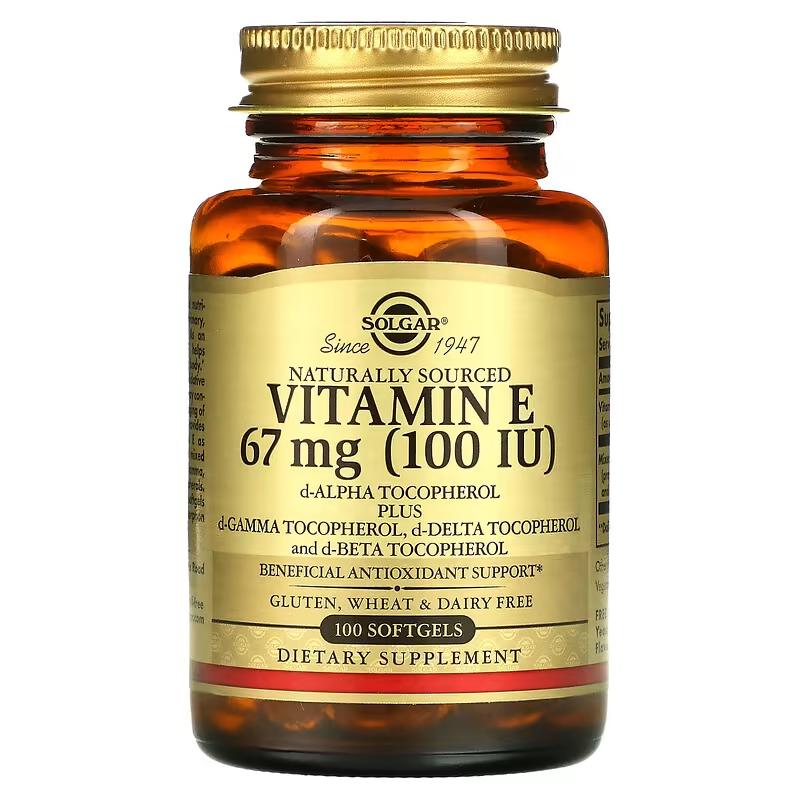
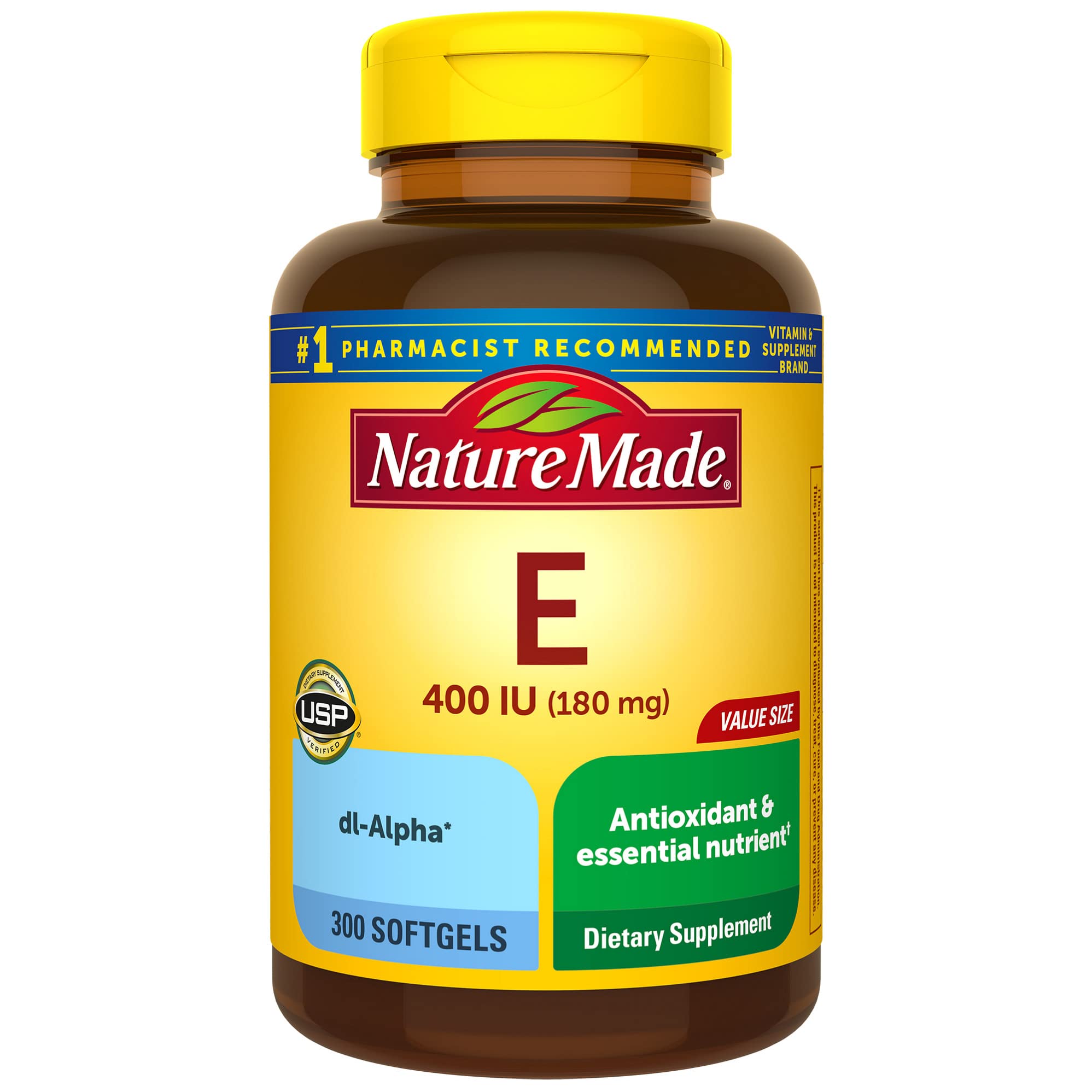
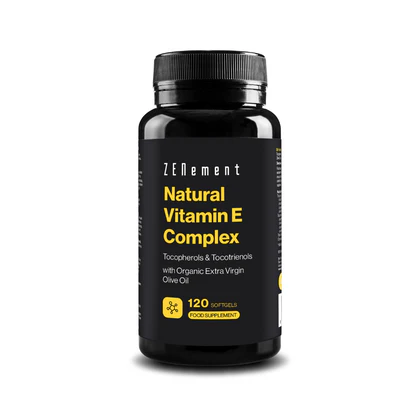
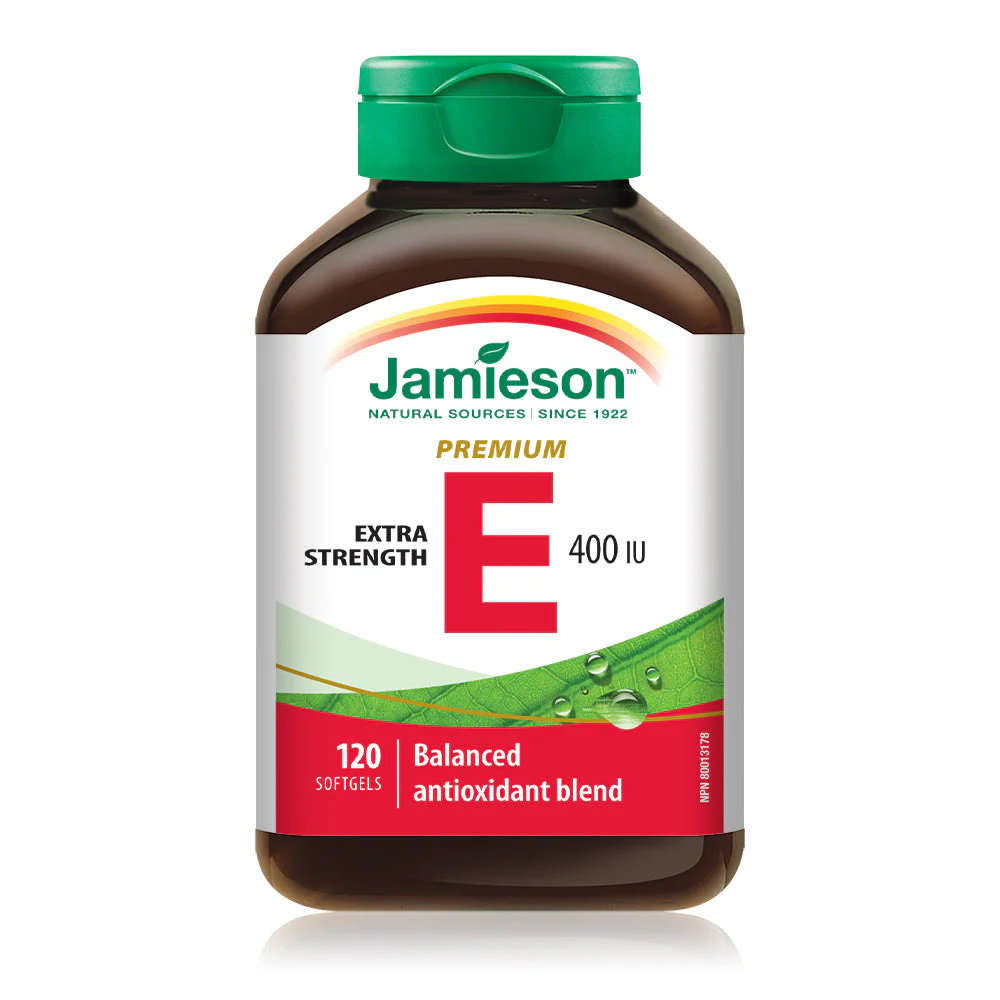
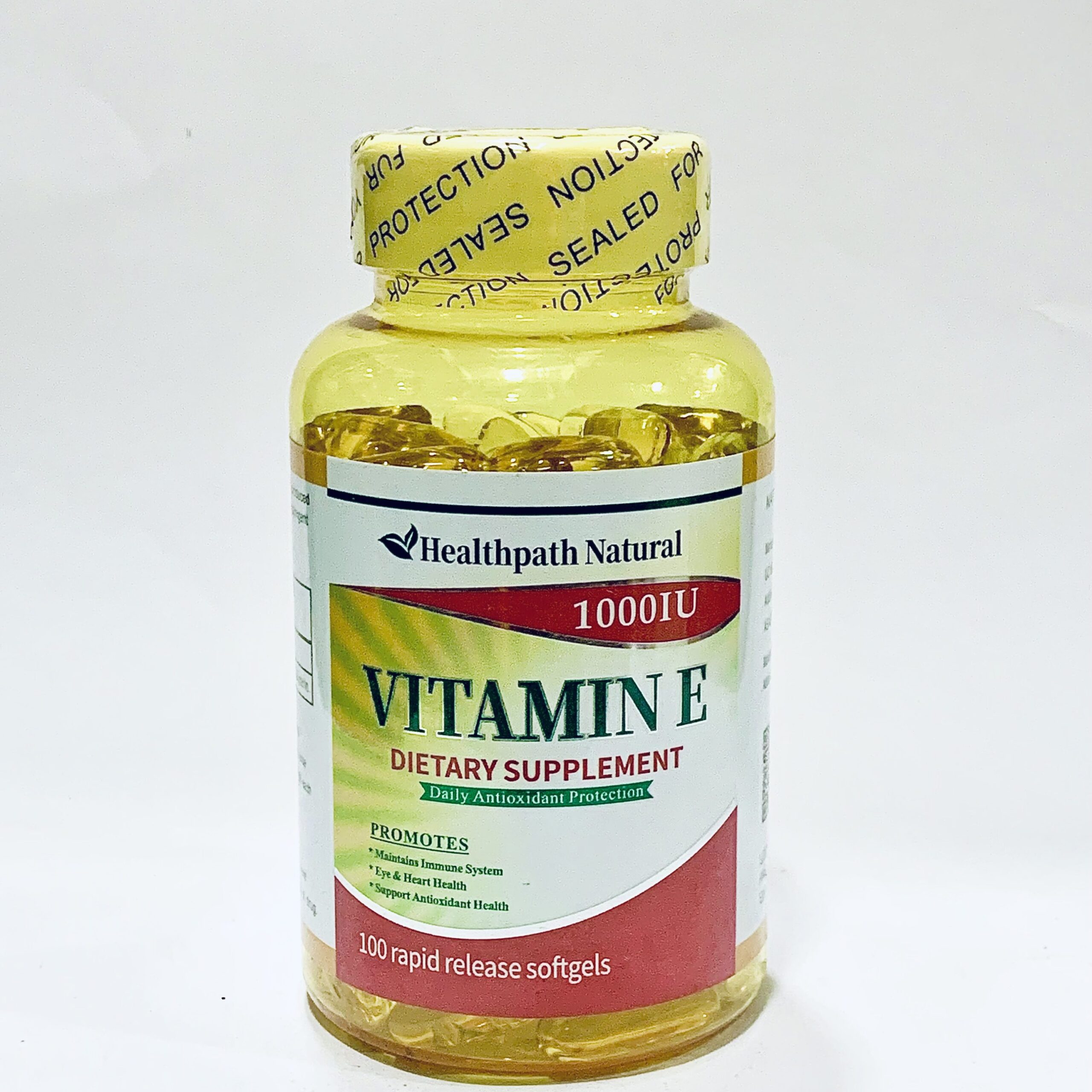
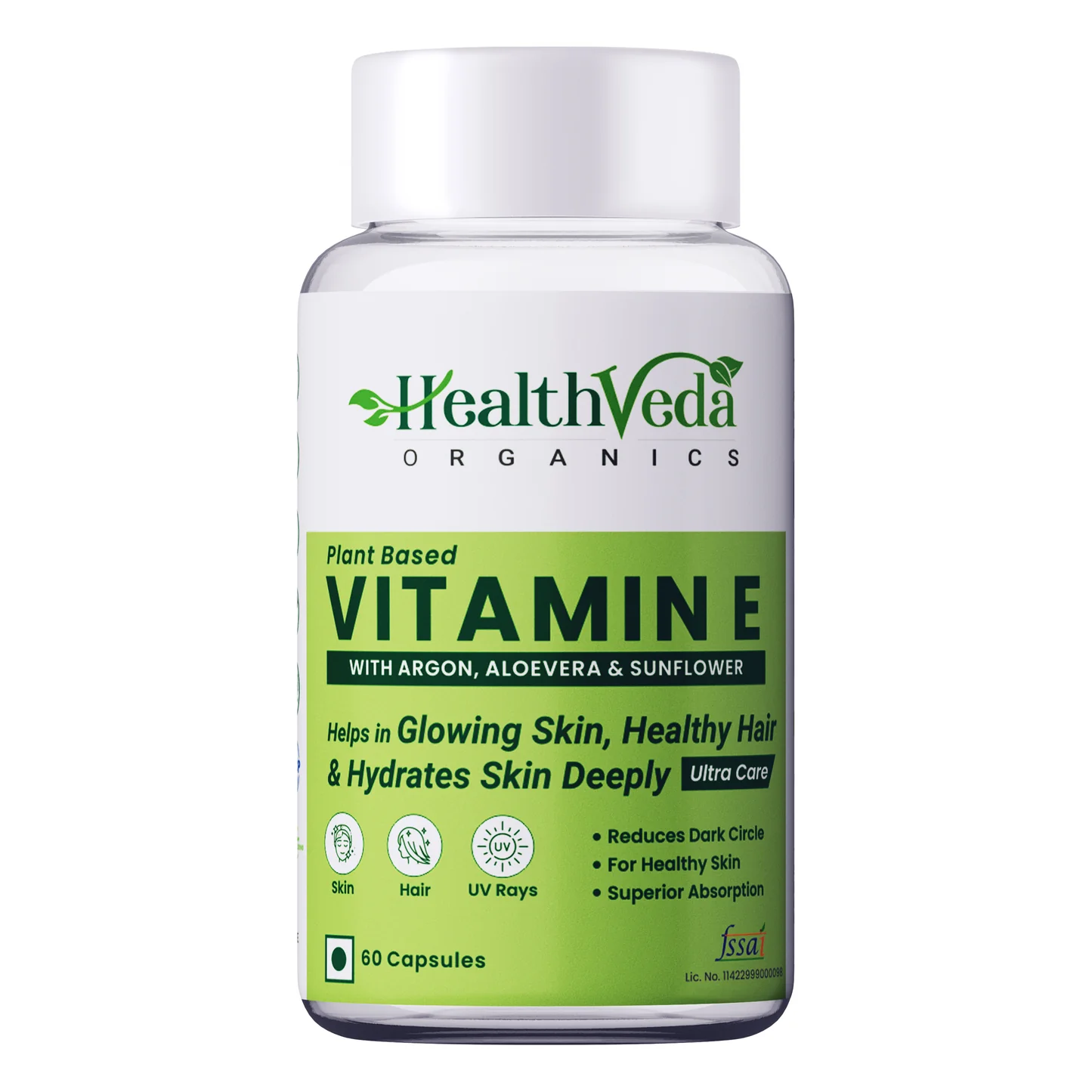
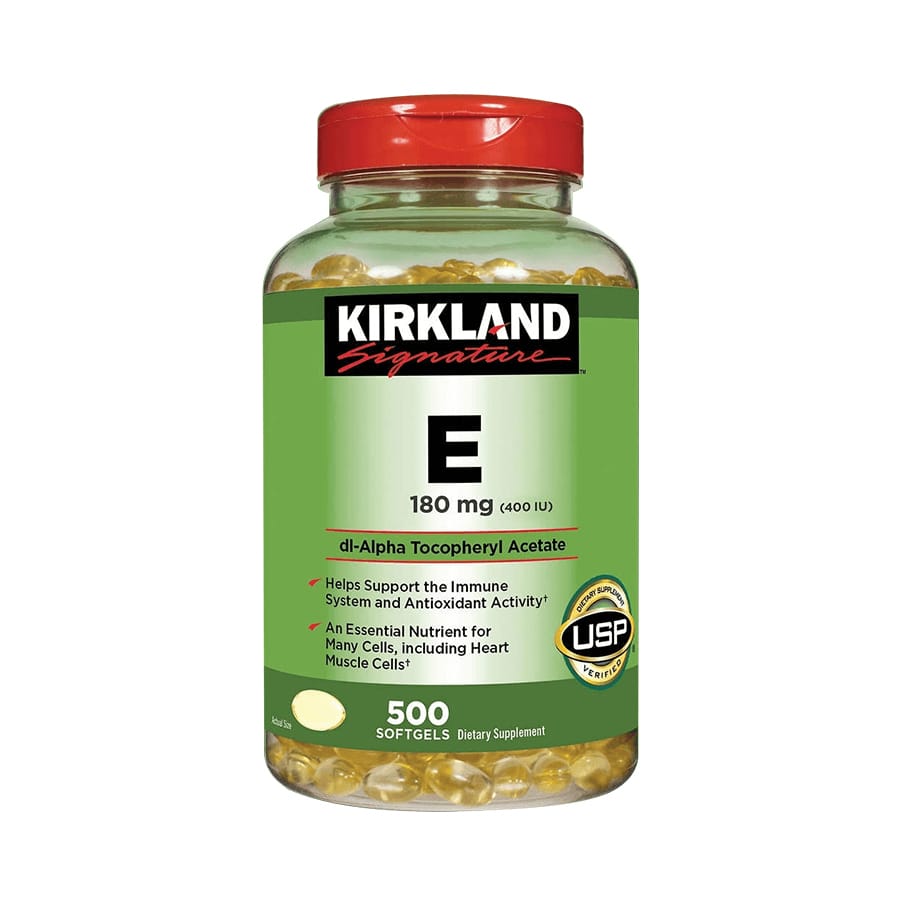
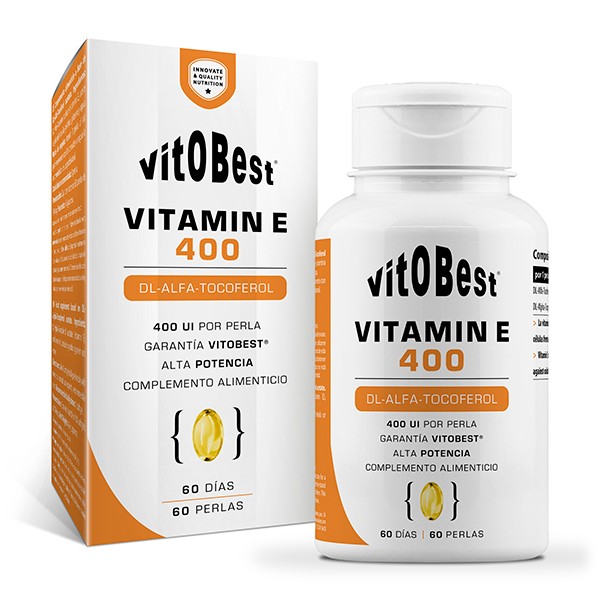
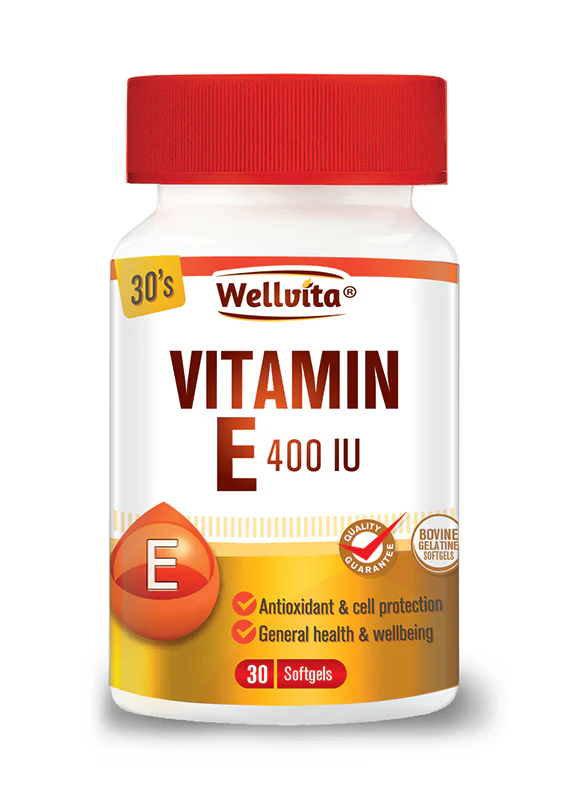




Reviews
There are no reviews yet.